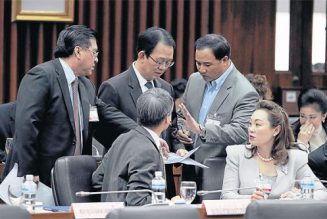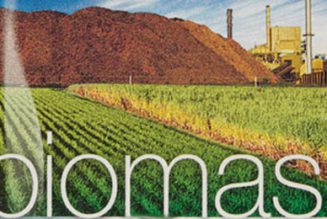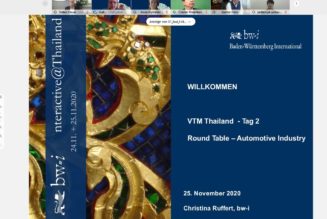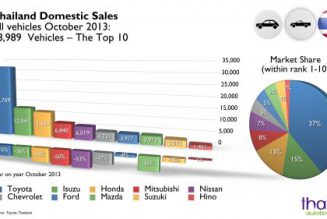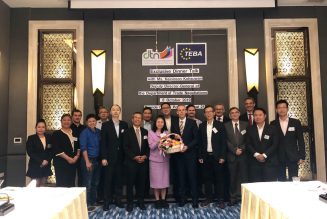The 10 Asean economies have moved closer to removing import taxes and business barriers to market penetration and competitiveness in terms of scale, say business representatives.
Prime Minister Abhisit Vejjajiva urged the Asean Business Forum to take advantage of the relaxed business environment under the AEC.
The framework of the Asean Economic Community (AEC) is expected to be integrated into trade, services and skilled labour sectors by 2015 after setting the goal in 2007.
Prime Minister Abhisit Vejjajiva urged the private sector to utilise the lack of import tax and eased regulation to access a market of 700 million people by 2015.
But the region must enhance its competitiveness for trade and investment, he noted at the Asean Business Forum. The key challenge lies in implementation, as most Asean members only achieved 70% compliance in removing required tariffs and other barriers to trade and services.
Kiat Sittheeamorn, president of the Thailand Trade Representative, said Asean would have tremendous financing needs in linking the utilities of the region and closing development gaps in transportation, energy and water resource management.
Plans to improve the competitiveness of small and medium-sized enterprises and human resource skills were also sought.
Still, facilitating trade remains the top priority. Investment facilitation has lagged but is revving up, he said.
Asean will expand economic co-operation with current peripheral partners like China, India, South Korea, Japan, Australia and New Zealand, he said.
“Many Asean firms want to compete with their international peers. Asean economic integration will allow them to increase their economy of scale through mergers and acquisitions to increase their competitiveness,” said Mr Kiat.
Narongchai Akrasanee, a former commerce minister, said Asean countries will likely co-operate more closely on financial markets and may take steps to create a common currency like the euro, but they will find it difficult to agree on economic integration because each economy faces different problems.
Dr Narongchai added Asean economies should utilise foreign capital inflows to fund their investment needs, which may be done through mutual funds.
“Most important for Asean is to mobilise funds together for investment together,” Dr Narongchai said.
Sustainable development in profit gaining from business expansion in this region is to exchange the resources of each country, said Thailand’s largest oil refinery, Thai Oil Plc.
Surong Bulakul, chief executive of Thai Oil Plc, said Thailand’s knowledge in renewable energy and the good management practices of Singapore could be exchanged to strengthen competitiveness.
And as Thailand has limited land to grow renewable energy plants such as cassava and palm oil, Laos and Cambodia offer great potential.
Seeking local partnerships is a key to business success in the region because each country has different regulations, he noted.

